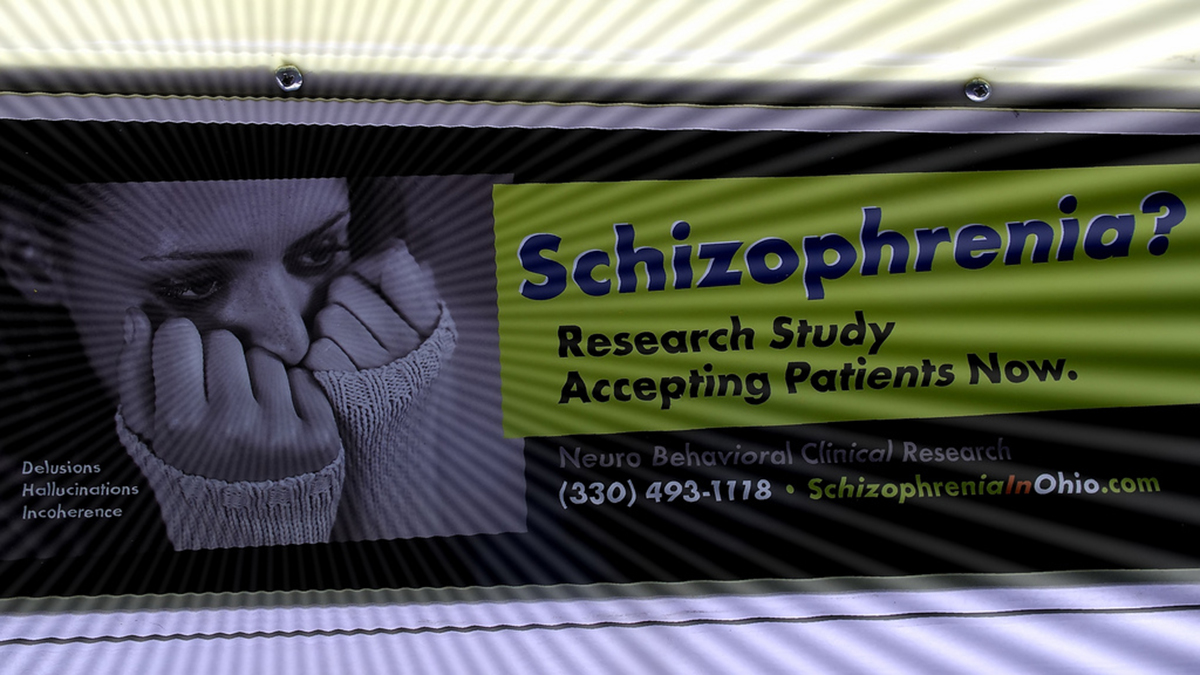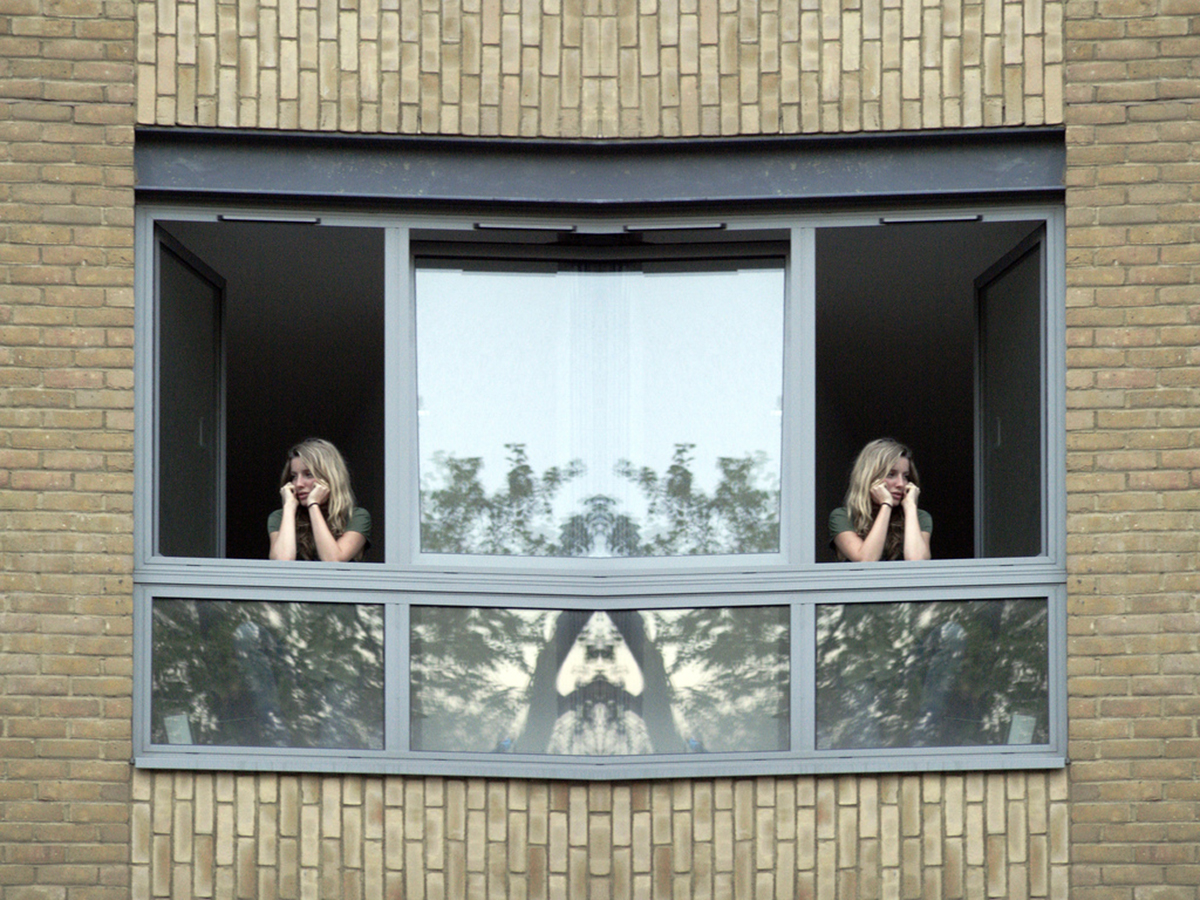Causes
There are multiple causes that are thought of and they may include the following factors.
- Genetics, especially where first degree relatives are involved, is thought to play a large role in the development of this disease.
- The dopamine hypothesis - this is the thought that overactive dopamine receptors in the brain results in excessive dopamine being produced and this results in the symptoms experienced. This hypothesis is backed up by the fact that medications such as antipsychotics block the mentioned dopamine receptors, which reduces the amount of dopamine, and the patient's symptoms would therefore improve.

- Medical conditions such as HIV, syphilis and an overactive thyroid would also need to be excluded as reasons for psychotic symptoms.
- Certain medications and illegal drugs such as cannabis, amphetamines and cocaine can stimulate the release of dopamine which could cause a person to develop signs and symptoms of schizophrenia. If the episode doesn’t last longer than 1 month it's then considered a brief psychotic episode.
Patient demographics
The age of onset of this condition occurs mainly in late adolescence and early adulthood. Schizophrenia can occur earlier as well where 23% of women and 40% of men will be diagnosed with this mental health issue before the age of 19. Unfortunately, the earlier the diagnosis is made the worse the prognosis is for the affected patients.
Signs and symptoms
The abnormal behaviours which are seen in schizophrenia include positive symptoms, which tend to respond favourably to medical treatment, and negative symptoms, which unfortunately have a poor response to medication.
The positive symptoms can include the following:
- Disorganized thinking processes and speech - This behaviour includes experiencing ‘word salad’ where the patient's speech isn’t understood. Another example is the patient's mind running through different loosely associated subjects while talking.
- Disorganized or abnormal motor behaviour - This can include childlike behaviours with no clear goal in mind, resistance to instructions, useless or excessive movements and bizarre postures.
- Perceived beliefs which are false - These false beliefs or delusions could be those of paranoia where the patient thinks that people are out to get them, or those of delusions of grandeur where they think that they possess qualities regarding popularity, fame or fortune greater than others.
- Hallucinations - These can be visual, auditory, tactile, gustatory and olfactory in nature.
The negative symptoms include the following:
- Reduced motivation.
- Lack of emotional expression and eye contact.
- Speaking in a monotone.
- The inability to experience pleasure.
READ New solutions in Pharmacotherapy of Schizophrenia
Complications
If left untreated, this mental health issue can lead to the following problems.
- Depression.
- Anxiety and phobias.
- Self-harm.
- Social isolation and family conflicts.
- Inability to work or to attend school.
- Poverty and/or homelessness.
- Alcohol and substance abuse.
- Aggressive or dangerous behaviour.
- Suicide attempts.
- Premature death.
Treatment Of Schizophrenia
If a psychotic patient is deemed to be a danger to themselves or to others then they would be involuntarily admitted as patients of the state by a psychiatrist and a family member, which means that they can be admitted without any consent needed from the patient.
These patients would then be sedated, with medications such as intravenous diazepam or lorazepam, and then be observed. When the patient is no longer deemed a danger to themselves then the psychiatrist will start treatment with antipsychotic medications. It can take a few weeks to try and get the patient's symptoms to improve so the doctor will try adjusting the dosages and types of medications in order to get the desired result.

Conventional or typical antipsychotics
These medications are first-generation drugs which were initially prescribed for schizophrenia. They are cost effective but they can cause severe neurological side-effects such as tardive dyskinesia. These medications include:
- Haloperidol
- Chlorpromazine
- Fluphenazine
- Perphenazine
Atypical antipsychotics
These second-generation medications are much safer than their older counterparts but they are also more expensive. These medications include:
- Olanzapine.
- Clozapine.
- Quetiapine.
- Risperidone.
Psychosocial management
Once the acute psychotic features of the disease have improved then, together with continuing the oral medication, psychotherapy and social services need to be offered to the patient. These services would offer the following benefits.
- Individual therapy is where the patient learns to cope with stressful situations and how to identify the early warning signs of a possible relapse. This will help the patient to better manage their condition.
- Social skills training focuses on helping the patient improve communicating with others as well as improve social interaction.
- Family therapy helps to offer support and education to family members dealing with patients diagnosed with schizophrenia.
- Vocational rehabilitation focuses on helping schizophrenic patients to find and keep possible employment.
There are many community programmes which are available to offer support and resources to patients with schizophrenia. The occupational therapists and social workers, involved with the patient during their hospital stay, could help reach out to the managers of these programmes to provide help and support.
Coping at home
As mentioned, there are support groups for these patients once they are discharged from hospital so one shouldn't fear coping alone at home. There are some steps to follow which would make this situation an easier experience.
READ Father's Age Seen As Crucial To Baby's Disease Risk Of Autism And Schizophrenia
- Educate yourself about schizophrenia - knowledge is power, so learning as much about this disease can make it easier to be compliant with the prescribed treatment. Family members should also be urged to learn about this disease so that it can be better understood and therefore better support can be given to the patient.
- Join a support group - this is an exceptional way of meeting people who are struggling with the same problem. Here you can hear other people's stories and learn from their experiences.
- You need to stay focused on the goals - treatment goals need to be focused on in order to stay motivated. Taking responsibility for your illness helps you to stay compliant.
- Relaxation techniques - reducing stress and anxiety helps to reduce triggers and keeps one focused. Breathing exercises, meditation, prayer, yoga and massage therapy are all good options.
- www.mayoclinic.org/diseases-conditions/schizophrenia/basics/definition/con-20021077
- Photo courtesy of marktee: www.flickr.com/photos/marktee/5843831334/
- Photo courtesy of marktee: www.flickr.com/photos/marktee/5843831334/
- Photo courtesy of fabiovenni: www.flickr.com/photos/fabiovenni/144489254/

